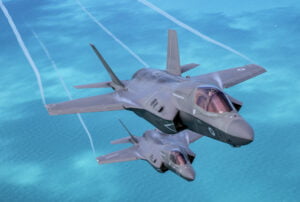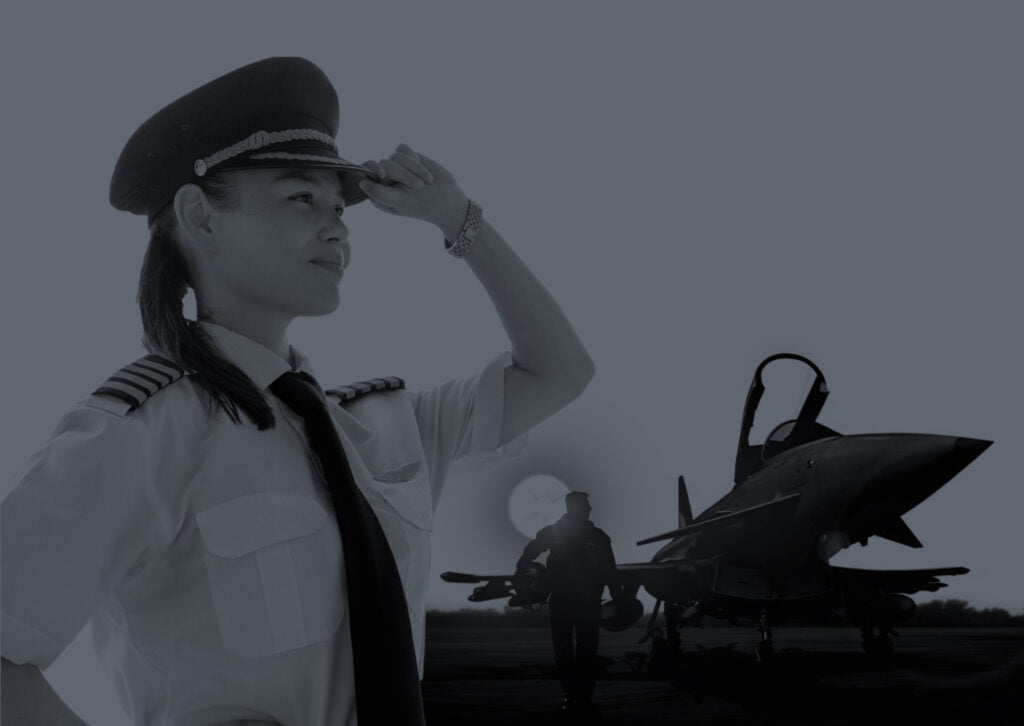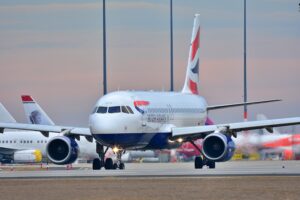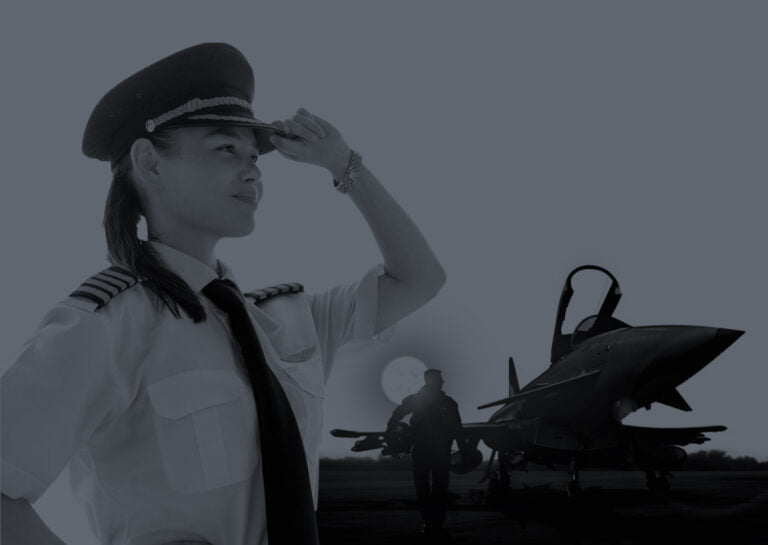If the skies beckon you and a career in aviation is your dream, you’ve likely considered two intriguing options: becoming a military pilot or an airline pilot. This article aims to shed light on the key differences between these two career paths, emphasising the need for genuine motivation and thorough research before making your choice. The aviation world’s reality can differ from the dream, making it crucial to evaluate your motivation for either role.
Becoming a Military Pilot
Joining the military as a pilot means more than just flying aircraft. You become an officer, responsible for managing and leading personnel in addition to your piloting duties. Here are some vital factors to consider:
1. Aircraft Variety: Are you willing to fly any type of aircraft in the military?
2. Aircraft Preference: Will you be disappointed if you don’t get to fly your preferred type of aircraft?
3. Training Duration: Are you prepared for military flying training, which can be significantly longer than commercial training?
4. Risk of Combat: Are you ready to put your life, and potentially others’, at risk in times of conflict?
5. Following Orders: Can you follow orders from senior personnel, even if it involves actions with life-altering consequences?
6. Commitment: Are you willing to commit to a minimum period of service in the Armed Forces, typically around 12 years?
7. Transitioning to Airlines: Does the idea of transitioning to the airline industry later in life after military service concern you?
Each of these points requires careful consideration. Military aviation demands flexibility, adaptability, and a deep commitment to service.

Becoming an Airline Pilot
Becoming an airline pilot offers a fulfilling career, though it may lack the variety and certain aspects of flying enjoyed by military pilots, such as hand-flying and low-level maneuvers. Here are key questions to ask yourself before pursuing this path:
1. Self-Funded Training: Are you prepared to finance your own flight training, which can be costly?
2. Job Security: Can you handle the job insecurity that comes with industry fluctuations, such as economic downturns or crises like COVID-19?
3. Automation: Are you comfortable relying heavily on automation, with minimal manual flying in commercial airline operations?
4. Flexibility: Are you open to diverse flying experiences and being based in various locations?
5. Time Control: Is having control over your time for personal events or socializing important to you?
6. Non-Conventional Schedules: Can you adapt to irregular work hours, including overnight flights and early morning starts?
It’s crucial to weigh the pros and cons of an airline pilot career to ensure it aligns with your lifestyle and expectations.

Conclusion: Eyes Wide Open
Choosing your aviation career path should not be a hasty decision. It requires thorough reflection on your motivations, lifestyle preferences, and long-term goals. Both military and airline pilot careers have their unique challenges and rewards.
Unlocking Your Aviation Career with Flight School Wingman
For those considering a career in aviation, Flight School Wingman offers invaluable career support and guidance that can save you significant time and resources in the long run. Whether you aspire to be a military or airline pilot, our expert advice and mentorship can help you navigate the complexities of the aviation industry and make well-informed choices.
Remember, entering the world of aviation with your eyes wide open, acknowledging both the positives and negatives, is essential for a successful and fulfilling career journey.





